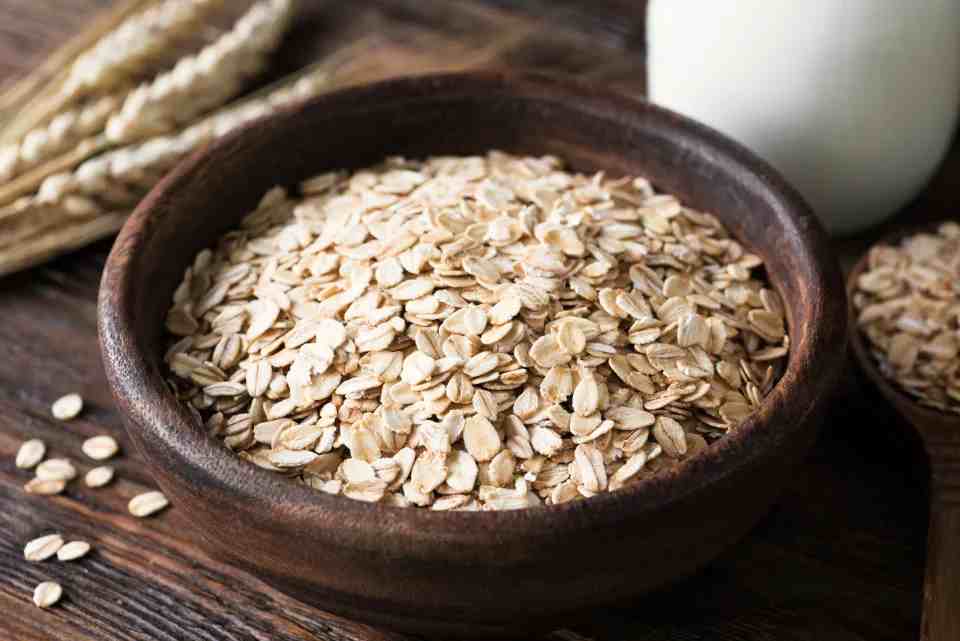One Type Of Fiber Found In Oats Can Induce More Weight Loss, A New Study Finds
Jul 28, 2024 / GMT+6
A recent study discovered that beta-glucan fiber, present in oats and rye, resulted in significant weight loss in obese mice. If verified in humans, beta-glucan could become a promising dietary approach for metabolic diseases.
Beta-Glucan: A Promising Fiber for Weight Loss
A new study using obese mice found that beta-glucan, a type of fiber, led to more weight loss than other fibers. If confirmed in humans, beta-glucan could be a promising dietary strategy for metabolic diseases. The research was published in the Journal of Nutrition.
The Study and Its Findings
The study, led by Frank Duca from the University of Arizona, examined how different fibers affect the gut microbiome. The researchers fed mice one of five types of fiber for 18 weeks: pectin, beta-glucan, wheat dextrin, resistant starch, and cellulose. They measured the mice's body weight, fat levels, energy use, and glucose tolerance. Beta-glucan outperformed the other fibers in promoting weight loss and improving glucose tolerance.
Expert Opinions
Experts contacted by Medical News Today provided insights on the study. None were involved in the research. Dr. Mir Ali, a bariatric surgeon, highlighted the benefits of a high-fiber diet, such as lower cholesterol and blood glucose levels, regular bowel movements, and overall gut health.
Dr. Janese Laster, an expert in internal medicine and gastroenterology, noted that increasing fiber can improve the human microbiome, help with satiety, and improve metabolic health.
Dr. Chris Mohr, a fitness and nutrition advisor, found the results intriguing. He was surprised that only beta-glucan significantly impacted weight and glucose tolerance. Susan Bowerman, a registered dietitian, also found the results surprising, especially since other soluble fibers like pectin were studied.
Health Claims About Beta-Glucan
There is a substantial body of evidence supporting beta-glucan's benefits for heart health. Both the U.S. Food and Drug Administration (FDA) and the European Food Safety Authority (EFSA) allow heart health claims on products containing beta-glucan. However, its potential role in weight loss is less established. While the results of this study are encouraging, further research is needed to confirm these findings in humans.
Increasing Fiber Intake
Most people in the U.S. don't get enough fiber. To boost your intake, try these tips:
- Eat more fruits and vegetables.
- Choose whole-grain bread, pasta, and rice.
- Add 1/2 cup of beans, like lentils or black beans, to meals.
- Snack on nuts and seeds for fiber, healthy fats, and protein.
- Drink plenty of water to help fiber work best.
Start Slowly
Increase fiber intake gradually to avoid bloating and other gastrointestinal symptoms. Aim for a diverse range of fruits and vegetables each week to support a healthy microbiome. Slow, consistent changes to your diet are more achievable and effective than following fad diets or weight-loss "hacks."
Beta-glucan might one day become an evidence-based weight-loss supplement. For now, focus on eating a variety of fiber-rich foods like vegetables, nuts, seeds, and whole grains. These small, consistent dietary changes can lead to long-term health benefits and support weight management.







